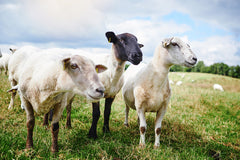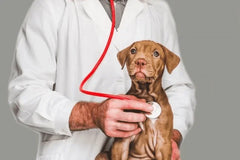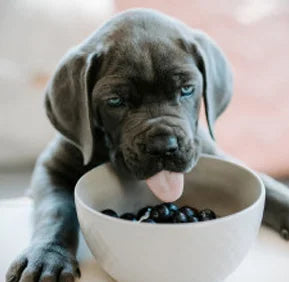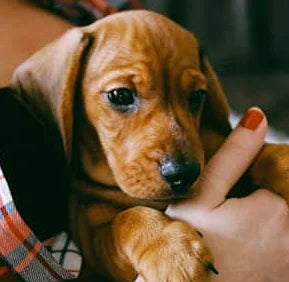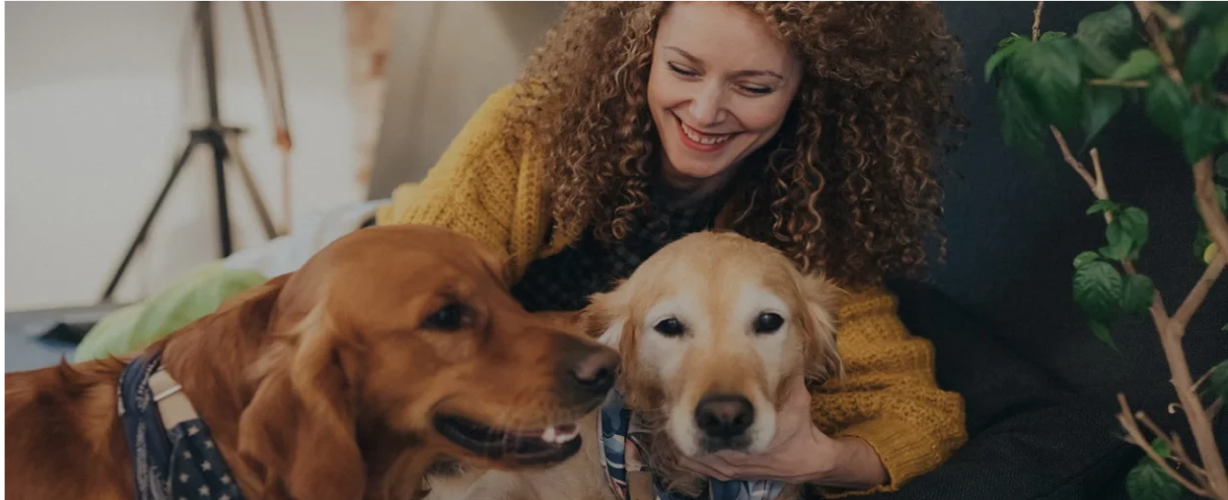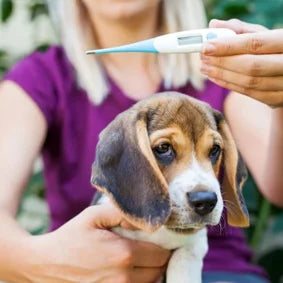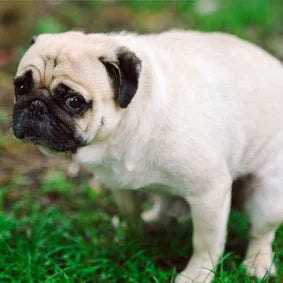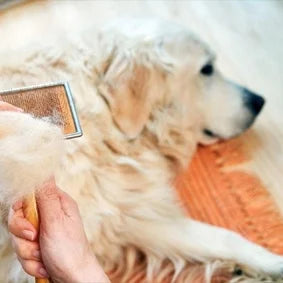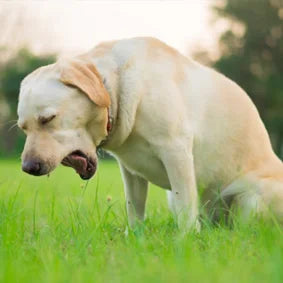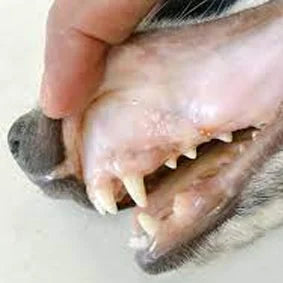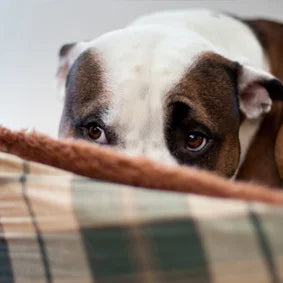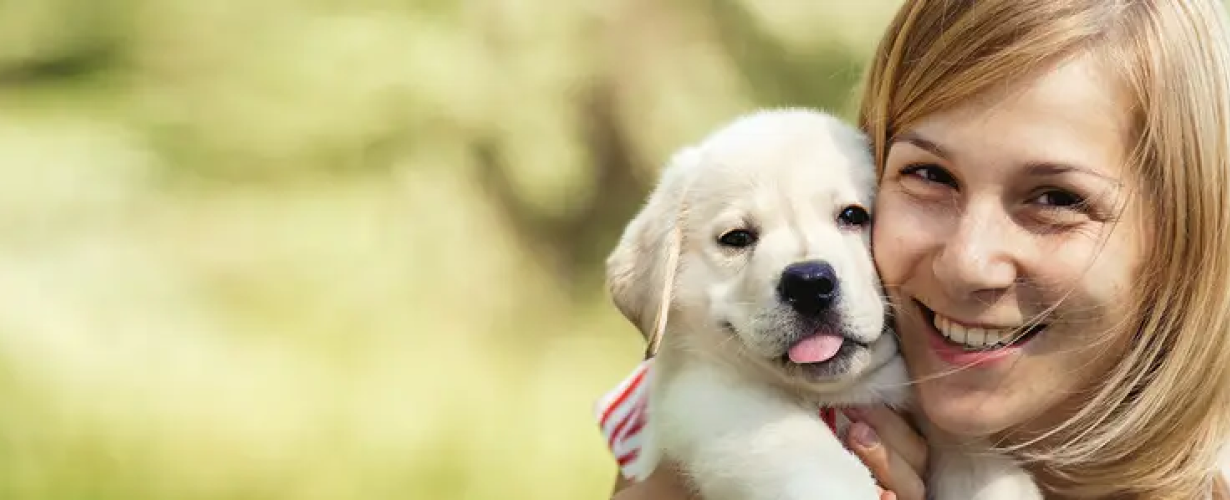Infertility in pets is a condition in which a male or a female animal is unable to reproduce or conceive offspring despite repeated attempts at breeding or mating. It refers to the inability to achieve pregnancy or impregnate a partner successfully.
Most Common Sign Of Infertility in Pet’s:
-
Reproductive Organ Abnormalities
Structural abnormalities or malformations in the reproductive organs can affect fertility in pets. For example, conditions like uterine anomalies, ovarian cysts, or testicular abnormalities can hinder successful reproduction.
-
Hormonal Imbalances
Any disruption or imbalance in hormone production or regulation can lead to infertility. Conditions such as hypothyroidism, hyperadrenocorticism (Cushing's disease), or hormonal imbalances related to the estrous cycle can impact fertility.
-
Infectious Diseases
Infections can affect the reproductive system of pets and cause infertility. For instance, brucellosis is a bacterial infection that commonly affects dogs, causing reproductive issues, including infertility. Canine herpesvirus can also lead to infertility, particularly in dogs and cats.
-
Genetic Factors
Genetic abnormalities may affect the structure or function of the reproductive organs or disrupt the normal reproductive cycle. Some breeds are more prone to certain genetic conditions that can impact fertility.
Tips for Infertility
Providing a balanced and nutritious diet tailored to your pet’s needs promotes their overall health, including reproductive health. Avoid inbreeding to reduce the likelihood of genetic disorders and fertility problems. Minimizing stress in your pet’s environment, ensuring a comfortable living space, and providing proper socialization and mental stimulation can also contribute to their reproductive well-being.
Other symptoms of Infertility in pets
-
Failure To Conceive
The most apparent sign of infertility is the repeated inability to achieve pregnancy or impregnate a partner despite regular and appropriate breeding attempts.
-
Irregular Or Absent Estrous Cycles
Female pets typically have regular oestrous cycles (heat cycles) during which they are receptive to mating. If a female pet exhibits irregular or absent oestrous cycles, it can be an indication of infertility.
-
Abnormal Reproductive Behavior
Unusual behaviour during mating attempts can be a sign of infertility. For example, male pets may show disinterest or lack of libido, or they may have difficulty mounting or achieving successful mating
-
Physical Abnormalities
Structural abnormalities in the reproductive organs can contribute to infertility. In males, this can include undescended testicles, testicular abnormalities, or blockages in the reproductive tract. In females, it can involve abnormalities in the uterus, ovaries, or fallopian tubes.
-
Hormonal Imbalances
Hormonal disorders can disrupt the reproductive cycle and lead to infertility. Signs may include irregular heat cycles, changes in behaviour, or physical manifestations such as abnormal hair growth or weight gain.
-
Previous Reproductive Issues
If a pet has a history of previous reproductive issues such as miscarriages, stillbirths, or difficulties in delivering live, healthy offspring, it may indicate underlying infertility.
Trusted by Veterinarians
“As a veterinarian, I am thrilled to endorse Dr. Goel Vet Pharma’s homeopathic products for our furry friends. Their commitment to advancing homeopathic veterinary medicine is evident in the exceptional quality of their products. The innovative solutions they provide have significantly enhanced our ability to care for our animal patients, ensuring optimal health outcomes. I highly recommend Dr. Goel Vet Pharma’s products to pet parents for their unwavering dedication to the well-being of pet animals and the invaluable support they offer to the veterinarian community.”
– Dr. Sakshi Sharma (B.V.sc. & A.H. M.V.Sc , NET)
Treat your pet from Infertility problem with Dr.Goel's Fertimate
FERTIMATE DROPS for PETS 30ML is the best remedy for treating conditions of Infertility and associated complaints. For Pseudo-Pregnancy, with associated complaints such as ovarian cysts or tumors, hormonal problems, and infectious diseases… this homeopathy medicine is a good cure. FERTIMATE DROPS for PETS 30ML is an Excellent Homeopathic veterinary medicine without any side effects to give relief naturally.
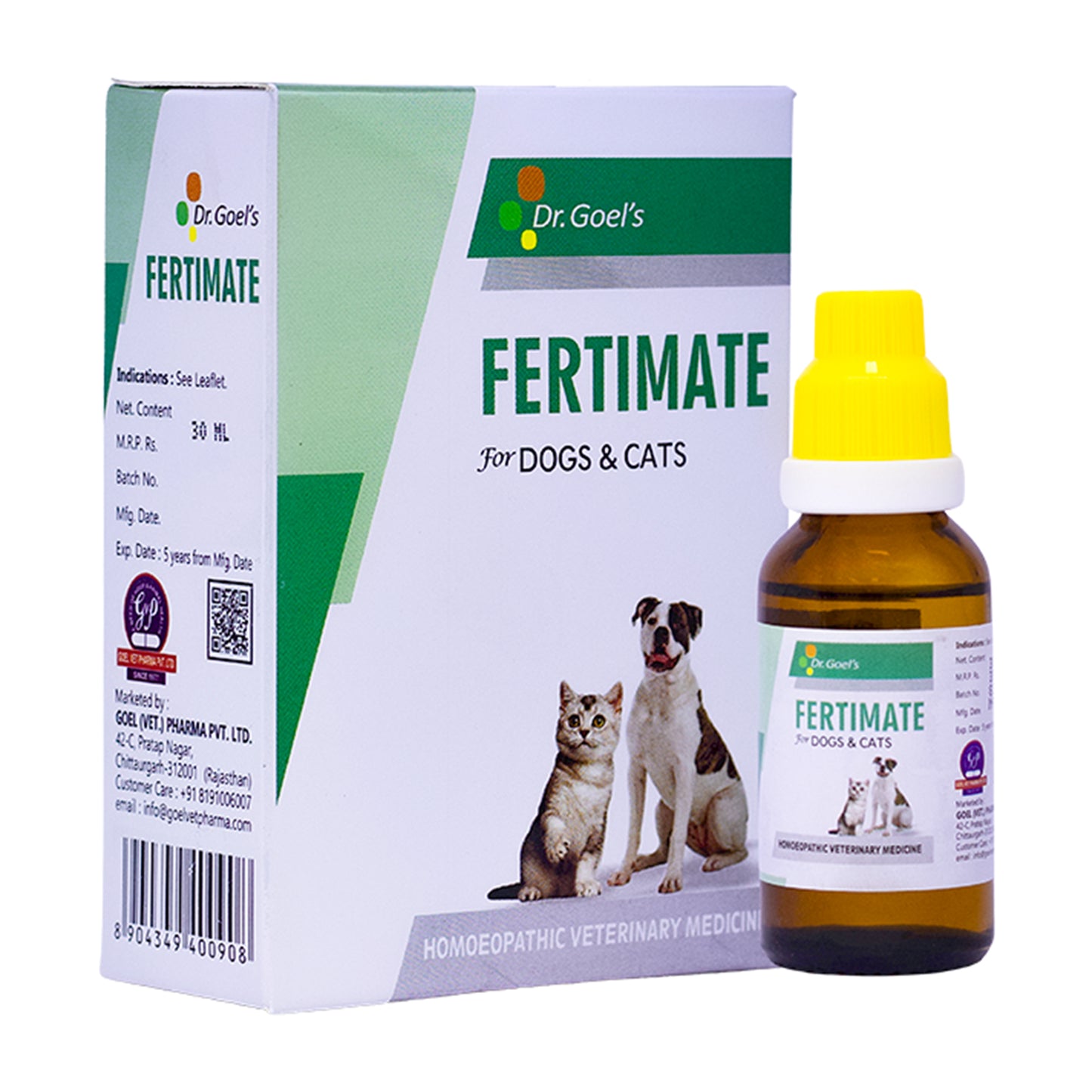
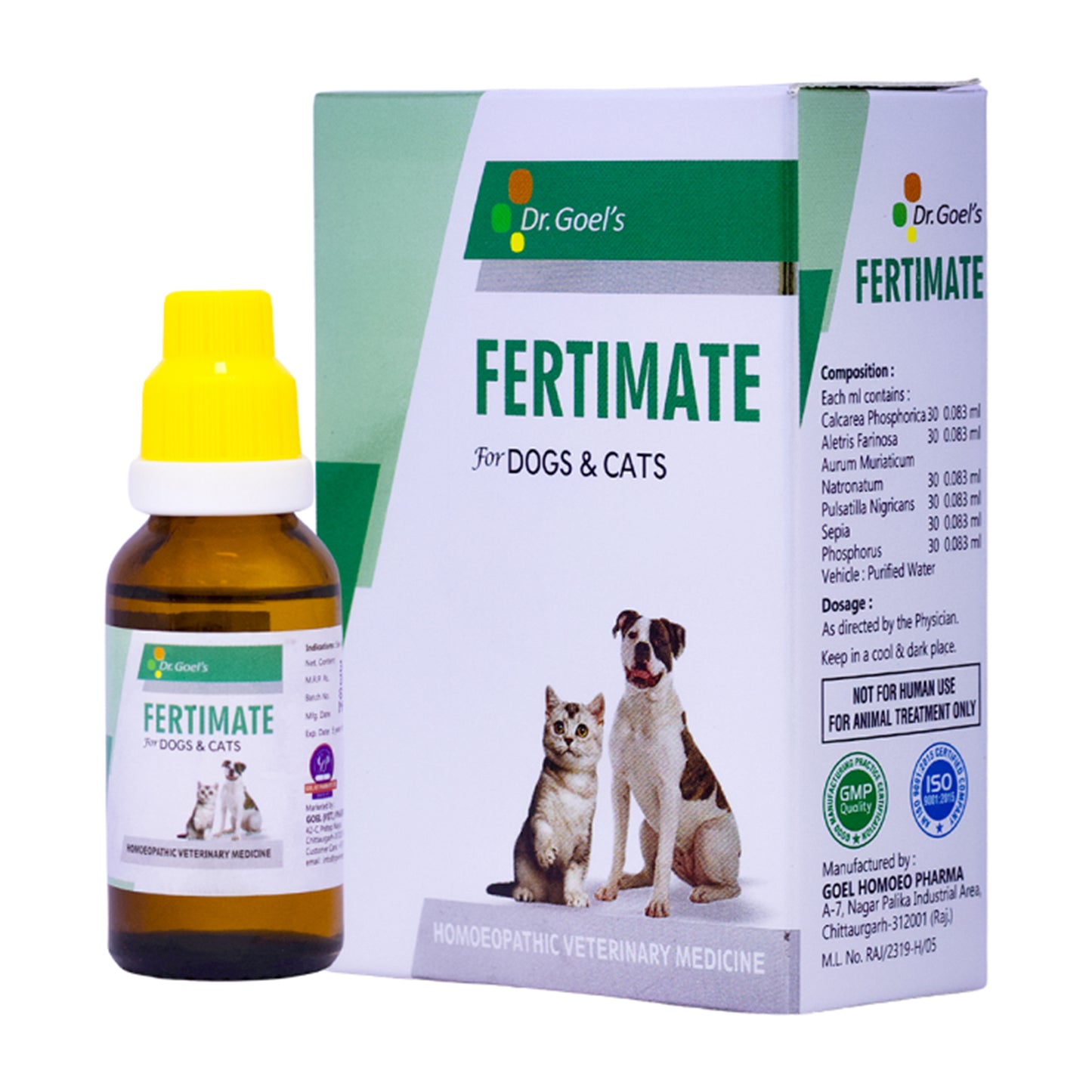
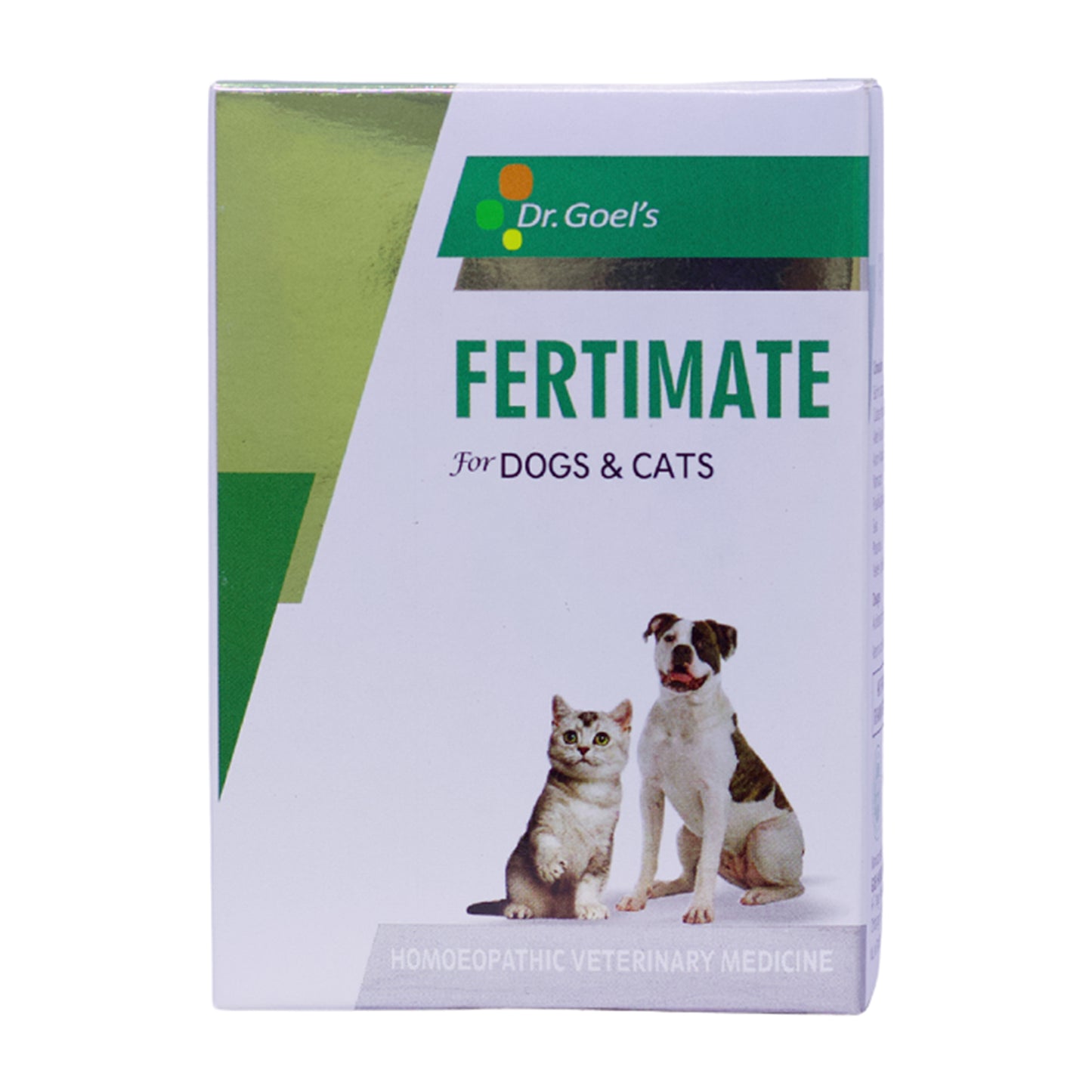
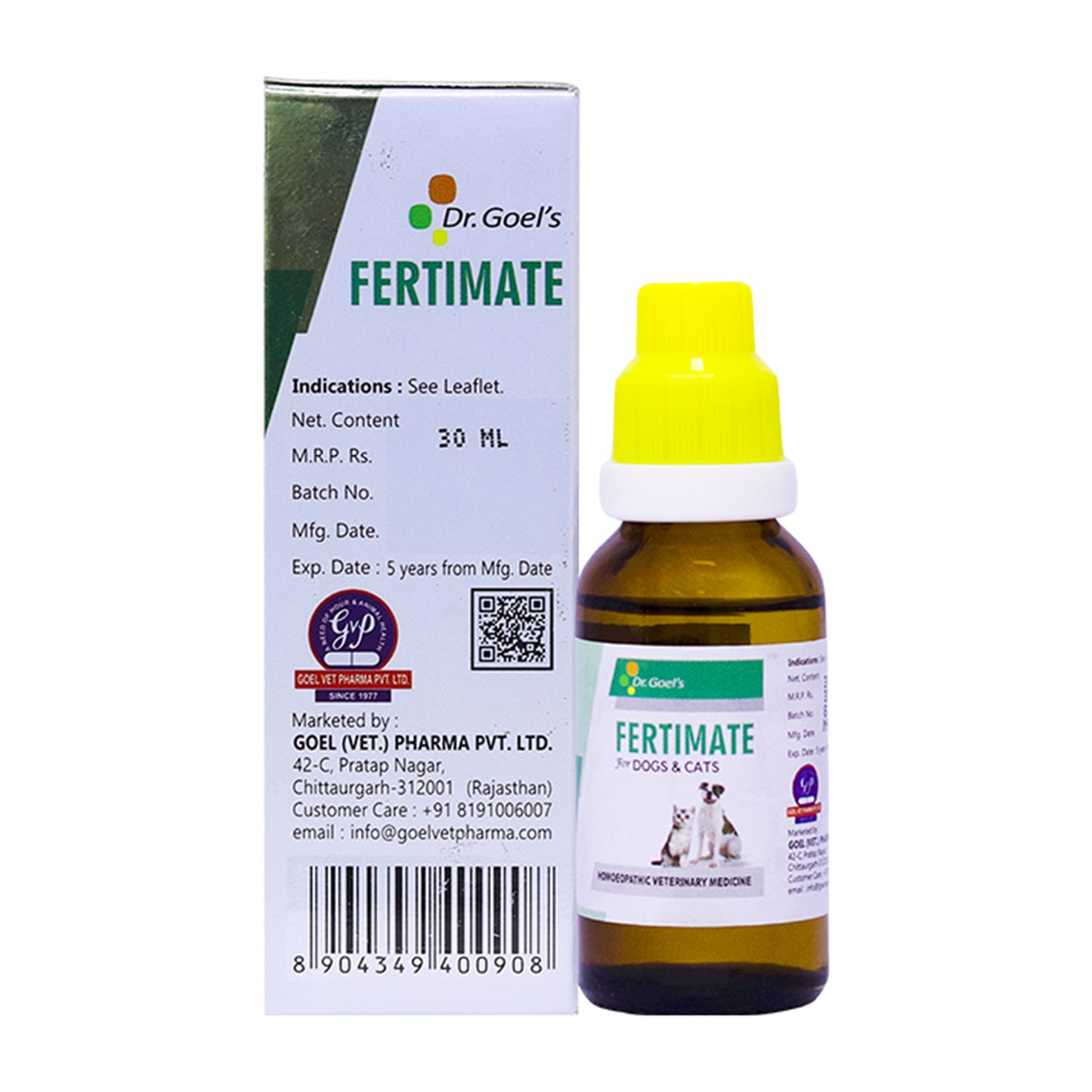
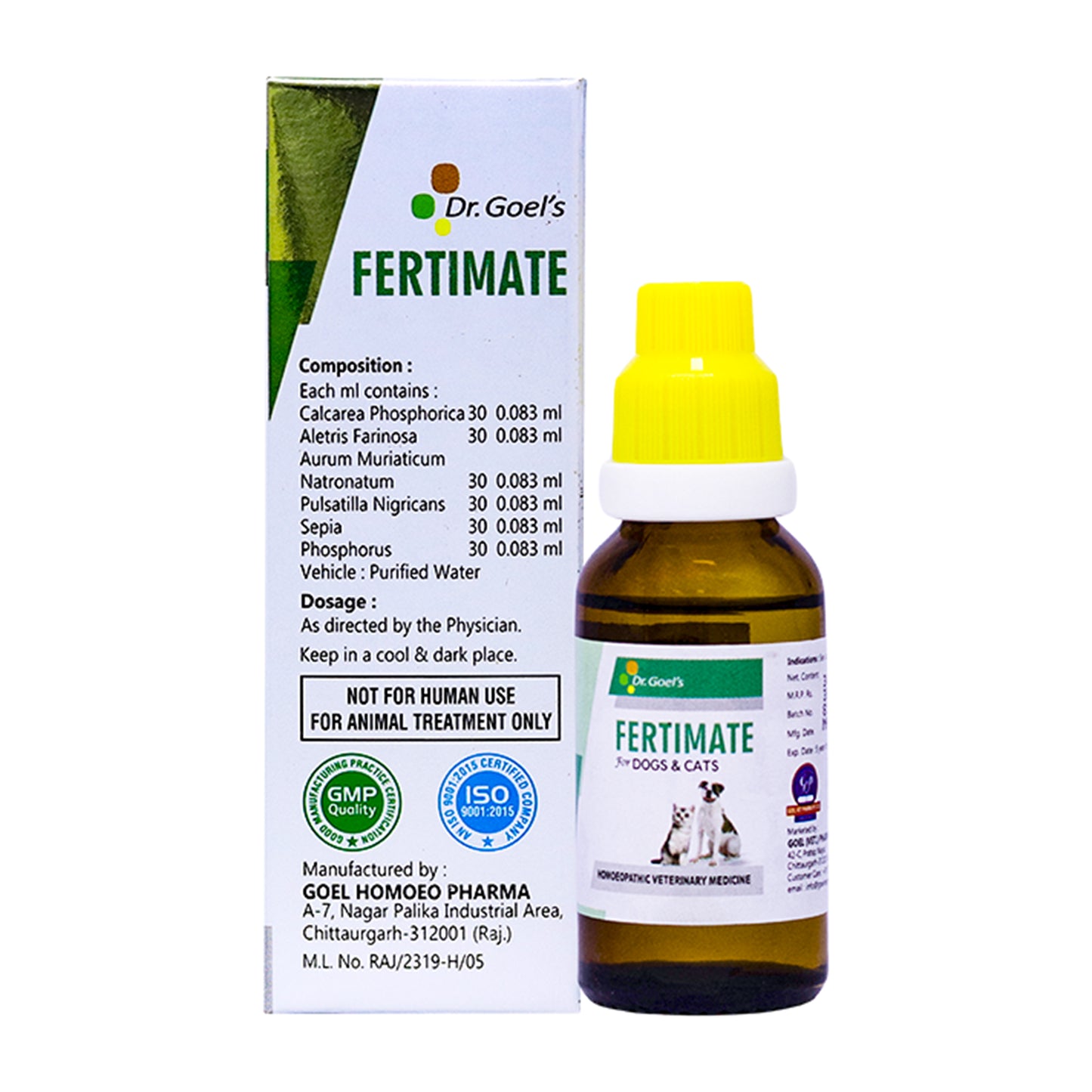
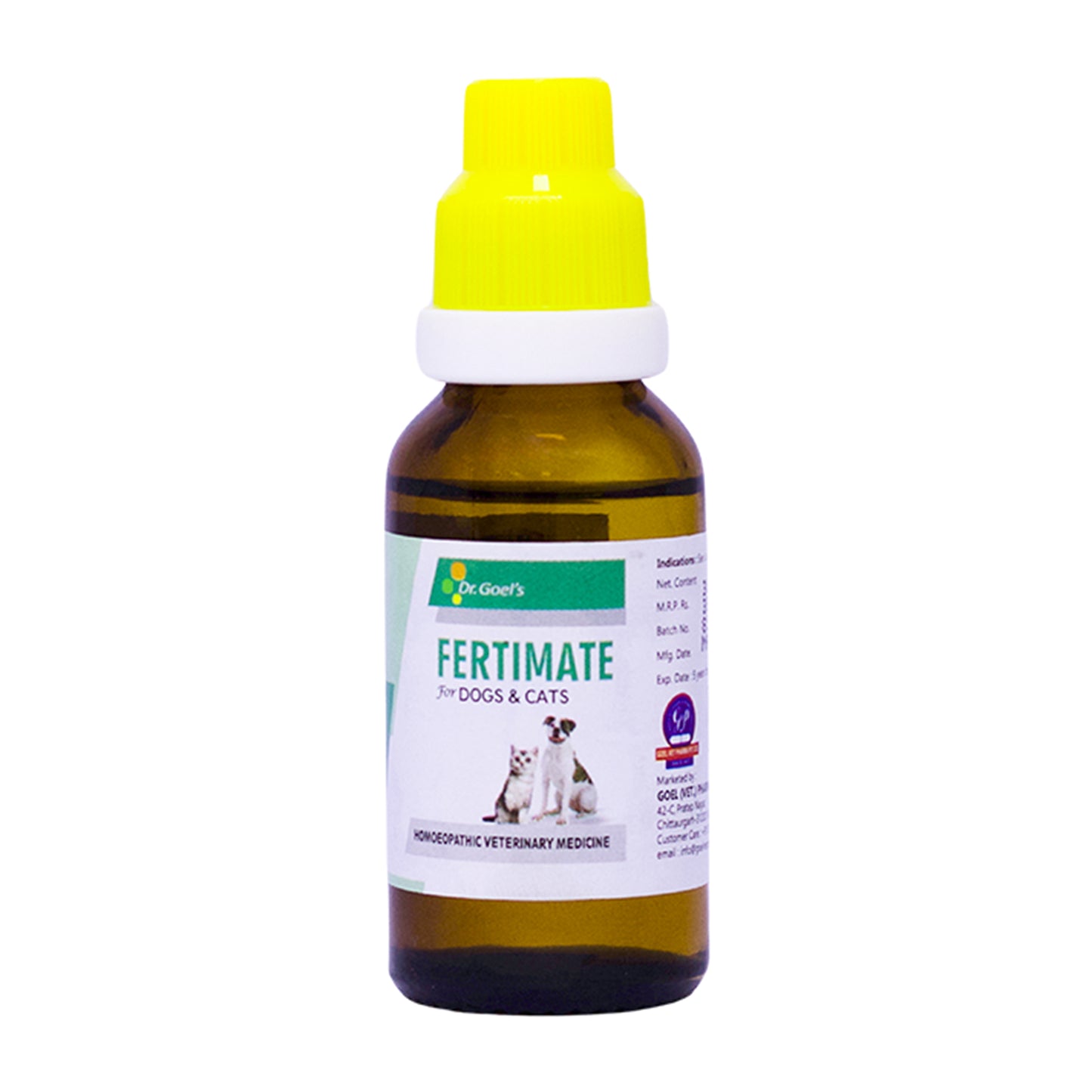
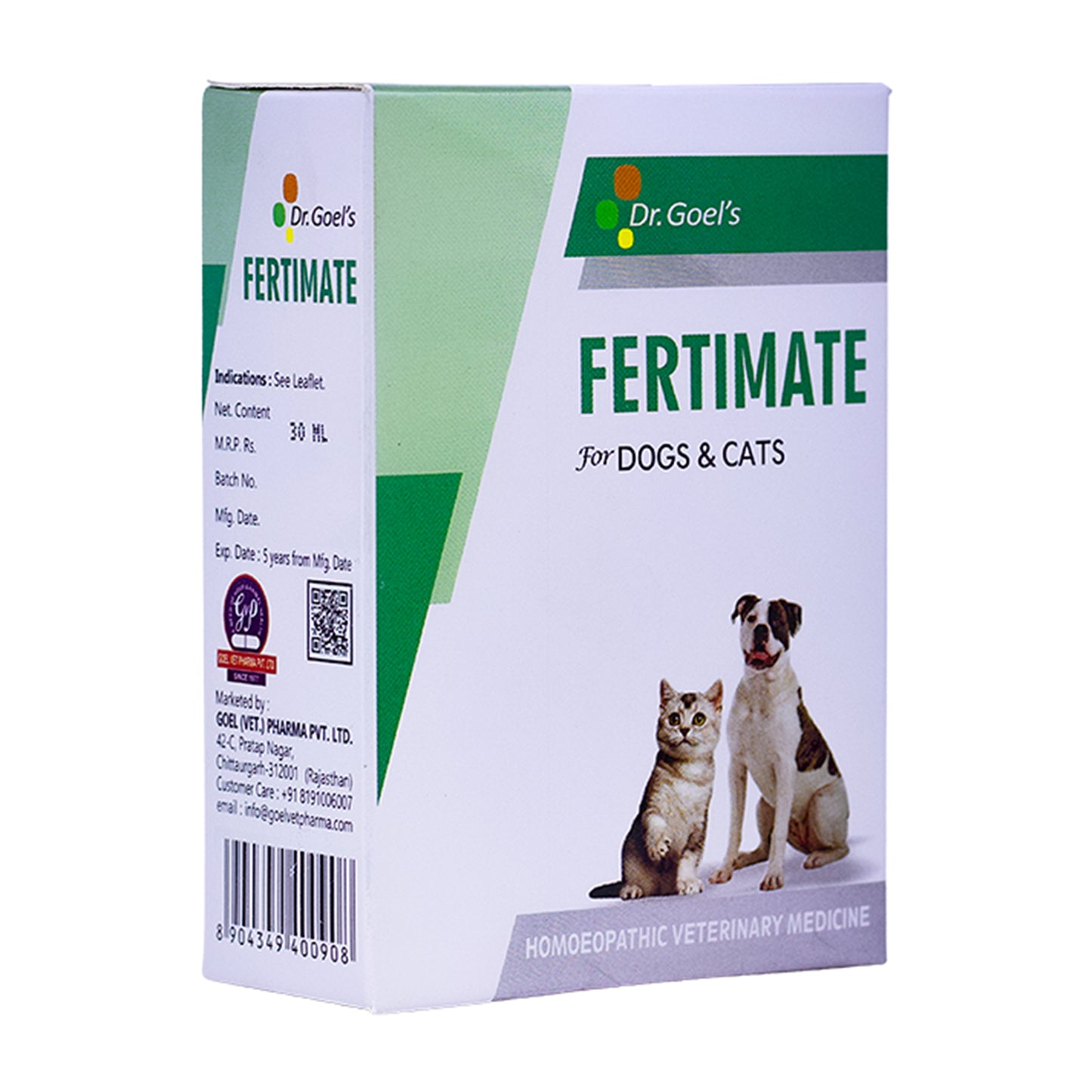
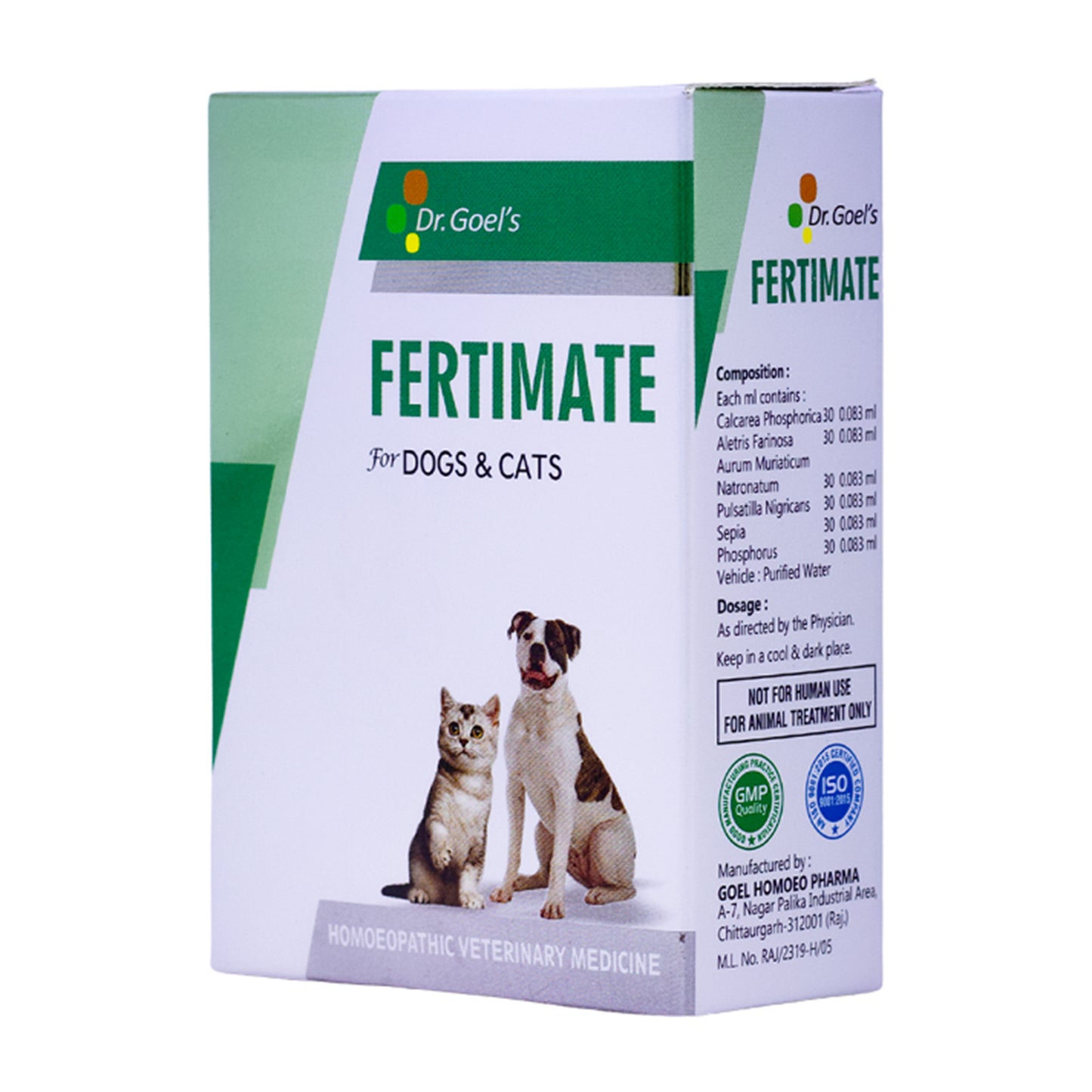
Blog posts
Frequently Asked Questions
Is there any medicine for pseudo pregnancy
Fertimate




